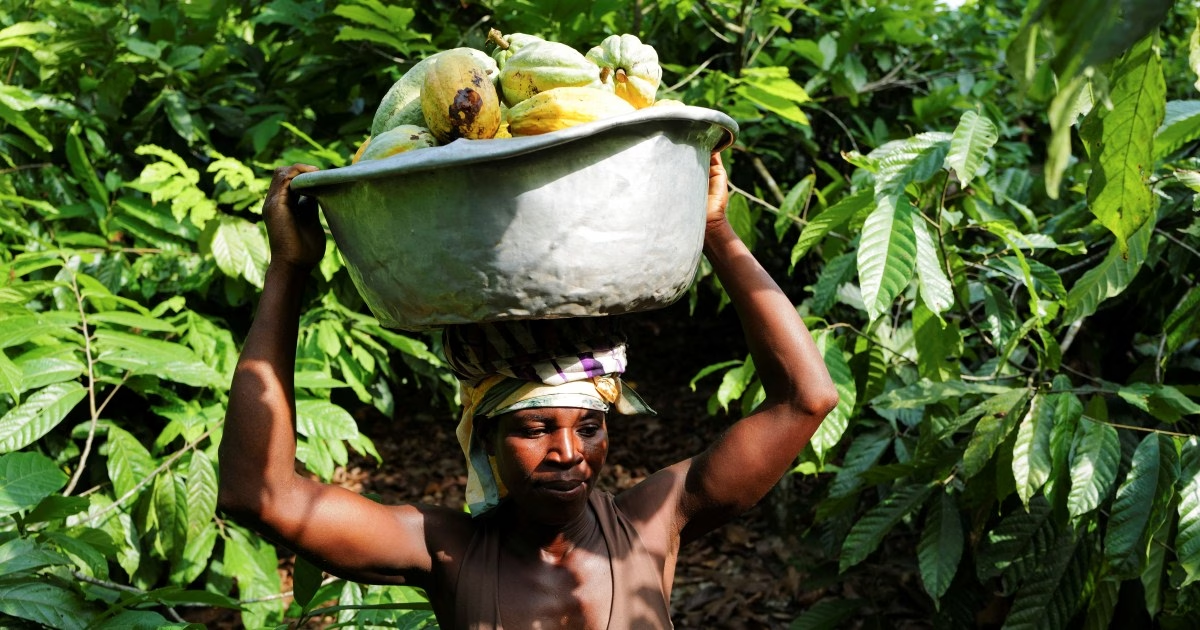A new study reveals that extreme weather events have been causing significant price increases in various food items such as rice, corn, cocoa, coffee, potatoes, and more.
In most cases, these price increases occurred soon after heatwaves, droughts, and other severe weather events. The research, conducted by six European research organizations and the European Central Bank, was released before the United Nations Food Systems Summit, which will take place in Addis Ababa, Ethiopia, from July 27 to July 29.

According to Maximillian Kotz, the study’s lead author from the Barcelona Supercomputing Center, extreme weather events will only worsen until global emissions reach net zero, and they are already causing crop damage and driving up food prices worldwide. Low-income families are particularly affected when food prices rise. This comes at a time when the cost of living, including food affordability, has been a significant concern for voters in recent elections around the world.

According to Amber Sawyer, one of the study’s co-authors from the Energy and Climate Intelligence Unit (ECIU), climate change added £360 to the average household food bill in the UK over 2022 and 2023 alone. In 2024, the UK had its third-worst arable harvest on record, and England had its second-worst, following extreme rainfall that scientists say was exacerbated by climate change.
Under the UN Framework Convention on Climate Change, governments have committed to reducing global emissions by 2.6% from 2019 to 2030. However, these commitments fall short of the reductions needed to stay within reach of the Paris Agreement target to limit global temperature rises to 1.5 degrees Celsius. The International Court of Justice is expected to deliver a landmark advisory opinion on states’ legal obligations to address climate change in a case brought by Vanuatu and supported by many Global South countries.








